15 Easy Tricks to Boost Your Car’s Engine Performance in 2025
Maintaining and improving engine performance is vital for ensuring your car runs smoothly, efficiently, and reliably.
In 2025, with advancements in automotive technology, modern cars will be more powerful and efficient, but they still require regular care and attention to perform at their best.
Whether you’re driving a brand-new vehicle or an older model, these 15 easy tricks will help you boost engine performance and extend the life of your car.
This guide focuses on practical, actionable steps that align with searchers’ intent—giving you the knowledge and tools to enhance your car’s performance today.
1. Regular Maintenance
Regular maintenance is the foundation of a well-performing engine.
Keep the engine clean: Regularly clean the engine bay to prevent debris buildup, which can affect components such as belts, hoses, and electrical connections.
Schedule oil changes regularly: Clean oil ensures proper lubrication of engine components, reducing friction and extending engine life. Follow the manufacturer’s recommended oil change intervals.
Check and replace air filters: A clogged air filter restricts airflow, reducing engine performance. Replace it every 12,000–15,000 miles or as recommended.
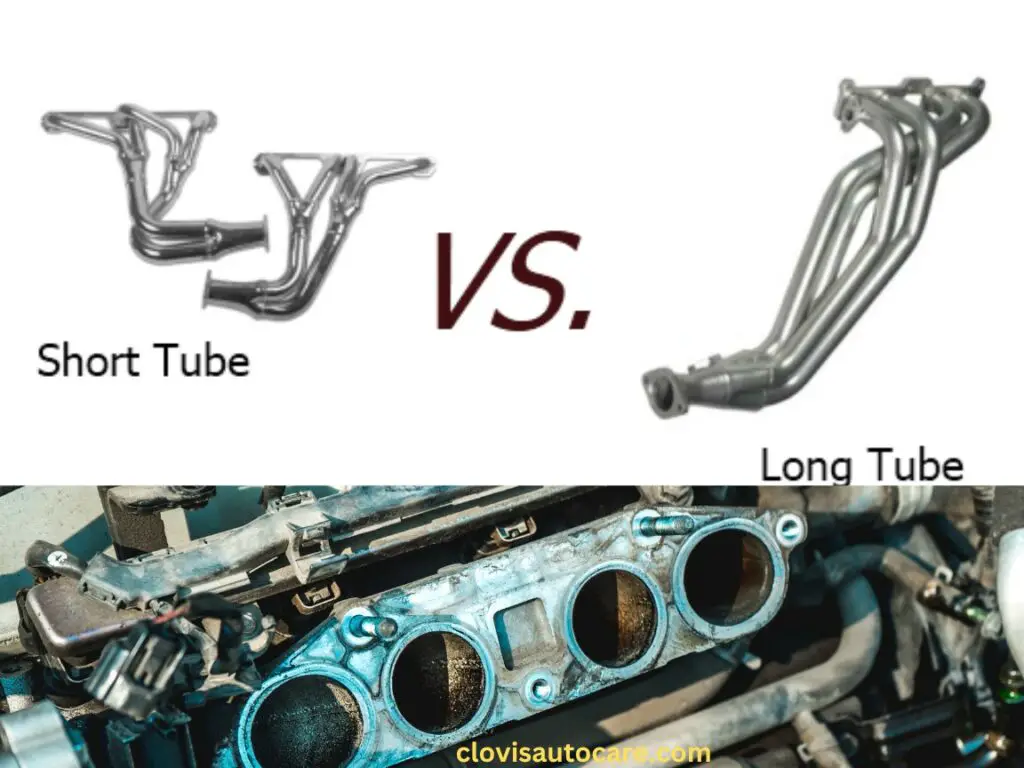
2. Use High-Quality Fuel
The fuel you use directly affects your engine’s performance.
- Premium fuel for high-performance engines: If your car recommends high-octane fuel, using premium gasoline can improve combustion and power output.
- Avoid low-quality fuel: Substandard fuel can contain impurities that harm your engine over time.
- Follow manufacturer recommendations: Check your owner’s manual to know the right type of fuel for your car.
Why It Matters: High-quality fuel improves combustion efficiency and protects your engine from damage.
3. Upgrade Your Spark Plugs
Spark plugs play a crucial role in engine ignition.
- Replace worn-out spark plugs: Faulty spark plugs lead to misfires, poor acceleration, and reduced fuel efficiency.
- Upgrade to iridium or platinum spark plugs: These high-performance options last longer and provide better ignitability.
- Watch for warning signs: Hard starts, rough idling, or decreased fuel economy could mean it’s time to replace your spark plugs.
4. Optimize Your Exhaust System
Your exhaust system affects how well your engine breathes.
- Inspect for leaks: Exhaust leaks reduce efficiency and can lead to harmful emissions.
- Upgrade to a performance exhaust: A high-flow exhaust system reduces backpressure and increases horsepower.
- Replace worn components: Rusted mufflers or cracked pipes can restrict airflow and harm performance.
5. Keep Your Tires Properly Inflated
Tire pressure impacts both safety and engine performance.
- Check tire pressure monthly: Use a reliable tire pressure gauge to maintain manufacturer-recommended levels.
- Avoid underinflated tires: They increase rolling resistance, forcing the engine to work harder.
- Monitor for wear and tear: Uneven tire wear can indicate alignment or suspension issues, which also affect engine strain.
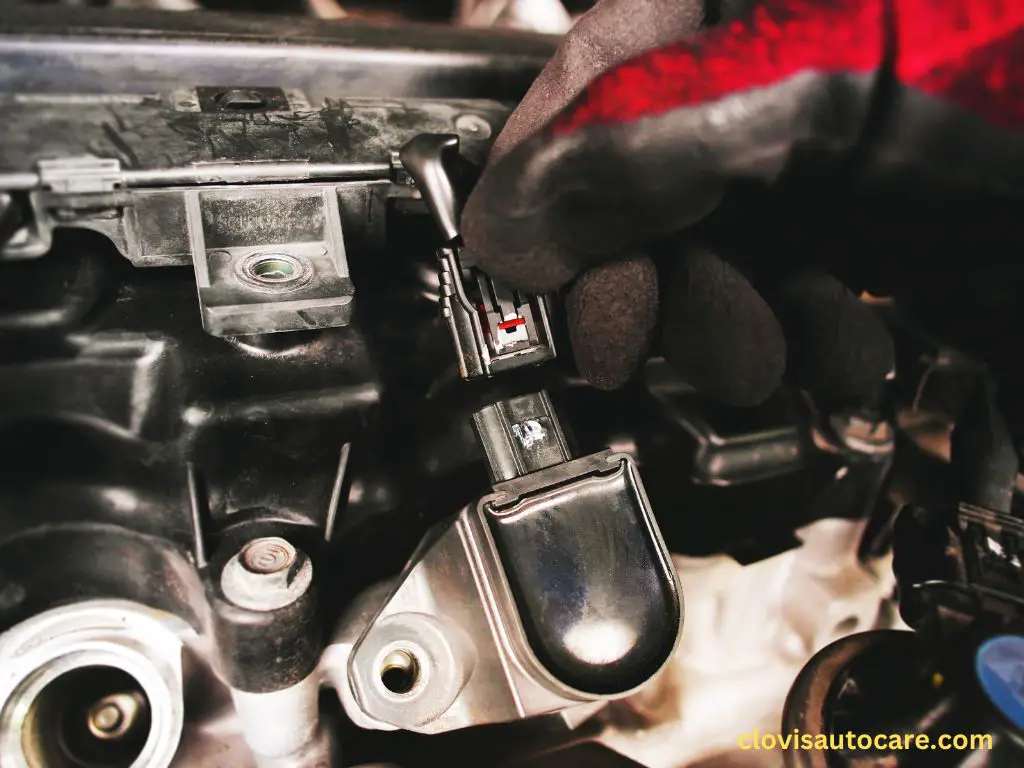
6. Use Engine Additives
Engine additives can enhance engine cleaning and performance when used properly.
- Fuel additives: These clean fuel injectors and remove carbon deposits, improving combustion.
- Oil additives: They reduce friction, improve lubrication, and extend engine life.
- Select the right additive: Choose products designed for your engine type and follow usage instructions.
Why It Matters: Additives can optimize engine performance and prevent long-term damage.
7. Monitor Your Driving Habits
The way you drive has a direct impact on engine performance.
- Avoid aggressive driving: Rapid acceleration and hard braking put unnecessary strain on the engine.
- Maintain steady speeds: Use cruise control on highways to improve fuel efficiency.
- Warm up the engine: Let the engine reach its optimal temperature before driving aggressively.
8. Upgrade Your Air Intake System
A high-performance air intake system improves how your engine breathes.
- Install a cold air intake: It increases airflow and provides cooler, denser air for better combustion.
- Replace clogged intake filters: Dirty filters restrict airflow, reducing engine efficiency.
- Choose compatible systems: Ensure the air intake system matches your car’s specifications.
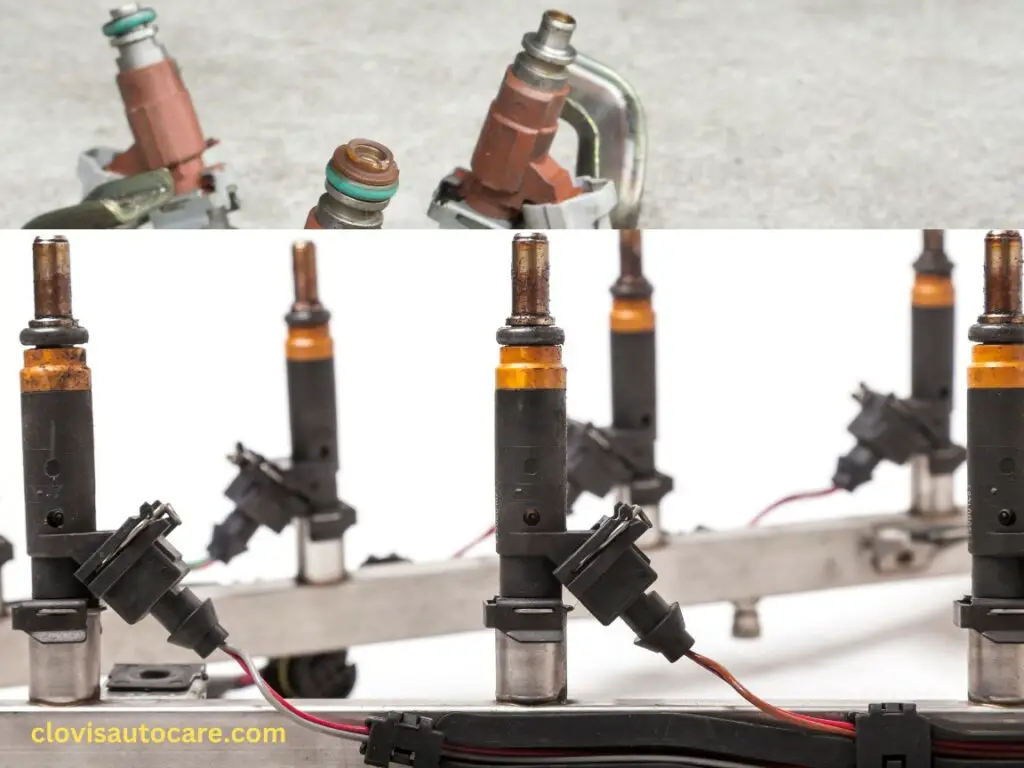
9. Maintain Your Cooling System
An overheating engine can cause severe damage.
- Check coolant levels: Low coolant can lead to overheating. Top up with the recommended coolant type.
- Flush the system: Replace old coolant every 30,000–50,000 miles to maintain efficiency.
- Inspect hoses and radiators: Look for leaks or cracks that could lead to coolant loss.
10. Use Synthetic Oil
Synthetic oil offers superior performance compared to conventional oil.
- Better lubrication: Synthetic oil reduces friction and protects engine components.
- Improved temperature resistance: It flows better in extreme cold and maintains viscosity in high heat.
- Follow recommendations: Use the grade and type of oil specified in your owner’s manual.
11. Check and Replace Your Fuel Filter
A clogged fuel filter limits engine power.
- Signs of a bad fuel filter: Reduced power, engine misfires, and difficulty starting.
- Replace regularly: Most fuel filters need replacement every 20,000–40,000 miles.
- Use quality filters: Choose OEM or high-quality replacement parts.
12. Upgrade Your Ignition System
A high-performance ignition system can improve combustion.
- Replace worn ignition coils: Faulty coils lead to misfires and reduced power.
- Consider performance upgrades: High-energy ignition coils improve spark and power output.
- Check spark plug wires: Damaged wires can reduce spark efficiency.
13. Maintain Your Transmission
The transmission works hand-in-hand with the engine to deliver power to the wheels.
- Check fluid levels: Low or dirty transmission fluid can cause slipping and reduce performance.
- Service the transmission: Follow manufacturer guidelines for fluid changes and inspections.
- Address issues early: Unusual noises or delayed shifting should be checked immediately.
14. Use a Performance Chip
Performance chips optimize your car’s internal computer settings.
Choose wisely: Ensure compatibility with your car and be aware of warranty implications.
Increase horsepower: Chips adjust fuel mapping and timing for better performance.
Improve fuel efficiency: Some chips are designed to maximize mileage.
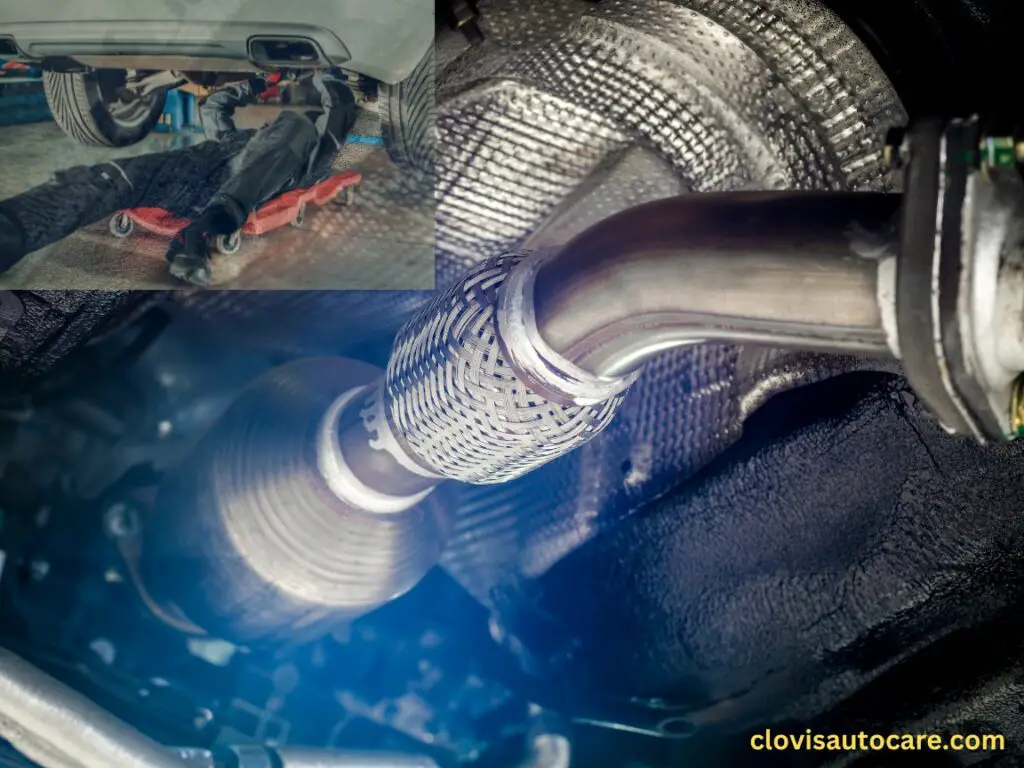
15. Regularly Inspect and Replace Belts and Hoses
Belts and hoses play a vital role in engine operation.
- Inspect for damage: Look for cracks, fraying, or bulges in belts and hoses.
- Replace as needed: Follow manufacturer guidelines for replacement intervals.
- Prevent failures: Worn belts can snap, causing engine overheating or power loss.
Conclusion
Boosting engine performance doesn’t require expensive upgrades or complicated procedures.
Following these 15 easy tricks, you can ensure your engine runs efficiently, lasts longer, and delivers maximum power.
Whether it’s regular maintenance, upgrading components, or improving your driving habits, these steps are practical, cost-effective, and essential for every car owner in 2025.
FAQs
1. Can I improve my car’s engine performance without voiding the warranty?
Yes, it is possible to improve your car’s engine performance without voiding the warranty.
However, it is important to consult with your vehicle manufacturer or authorized dealer before making any modifications.
Some manufacturers offer approved aftermarket parts or tuning options that do not affect the warranty coverage.
2. How much horsepower gain can I expect from upgrading my exhaust manifold?
The horsepower gain from upgrading an exhaust manifold varies depending on several factors, such as the specific make and model of your vehicle, other modifications made to the engine, and the quality of the aftermarket part used. On average, you can expect a horsepower gain ranging from 5% to 15%.
3. Are there any downsides to using nitrous oxide kits?
While nitrous oxide kits can provide significant power gains, there are a few downsides to consider.
Nitrous oxide is a highly reactive substance, and improper use can lead to engine damage or even catastrophic failure.
It is crucial to follow the manufacturer’s instructions, use the appropriate size jets for your engine, and ensure proper fueling and ignition timing
4. Will upgrading my throttle body improve fuel efficiency?
Upgrading your throttle body alone may not significantly improve fuel efficiency.
However, when combined with other modifications that enhance overall engine performance, such as an upgraded intake system or exhaust system, you may experience slight improvements in fuel economy
5. Can I install a cold air intake system myself?
Car enthusiasts who know a bit about mechanics can install a cold air intake (CAI) system.
However, it is recommended to carefully follow the manufacturer’s instructions and take necessary precautions to avoid any damage during installation.
If you’re unsure or uncomfortable with the process, it’s best to seek professional assistance.
Car enthusiasts with moderate mechanical skills can often install a cold air intake (CAI) system themselves.
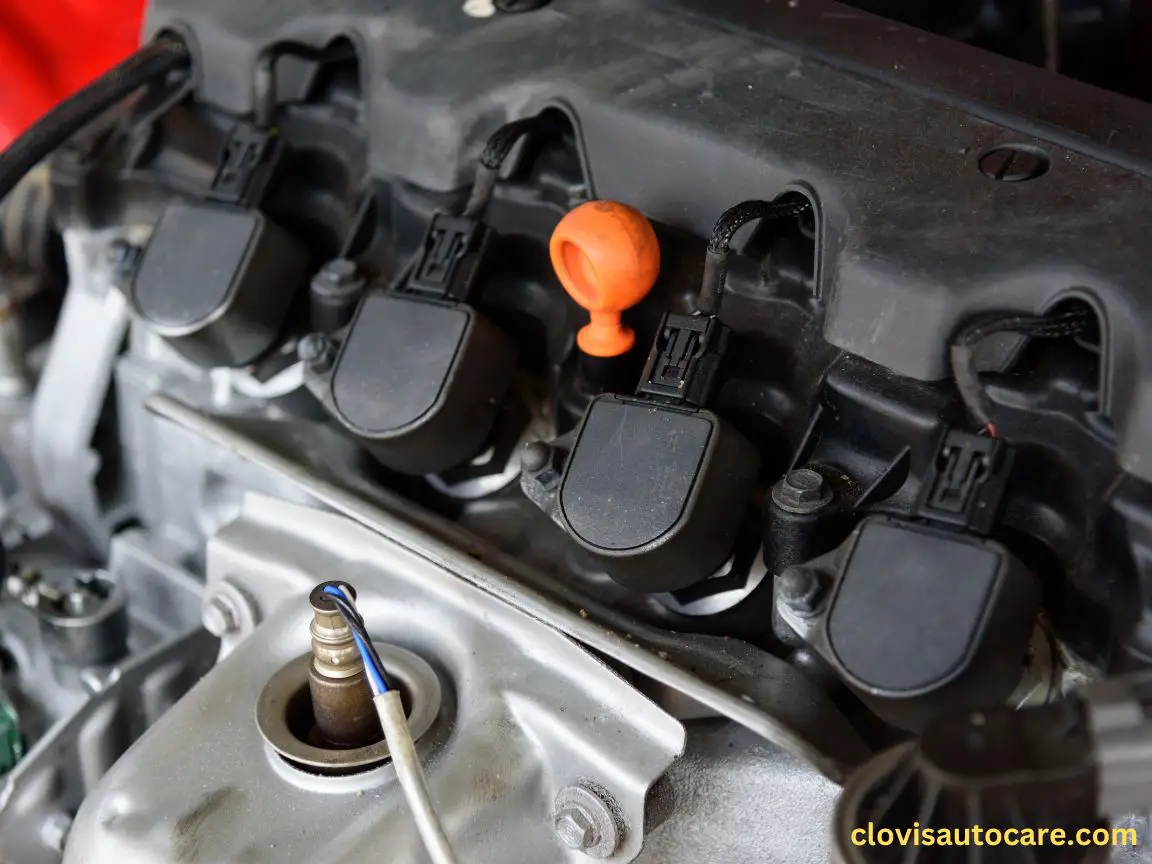
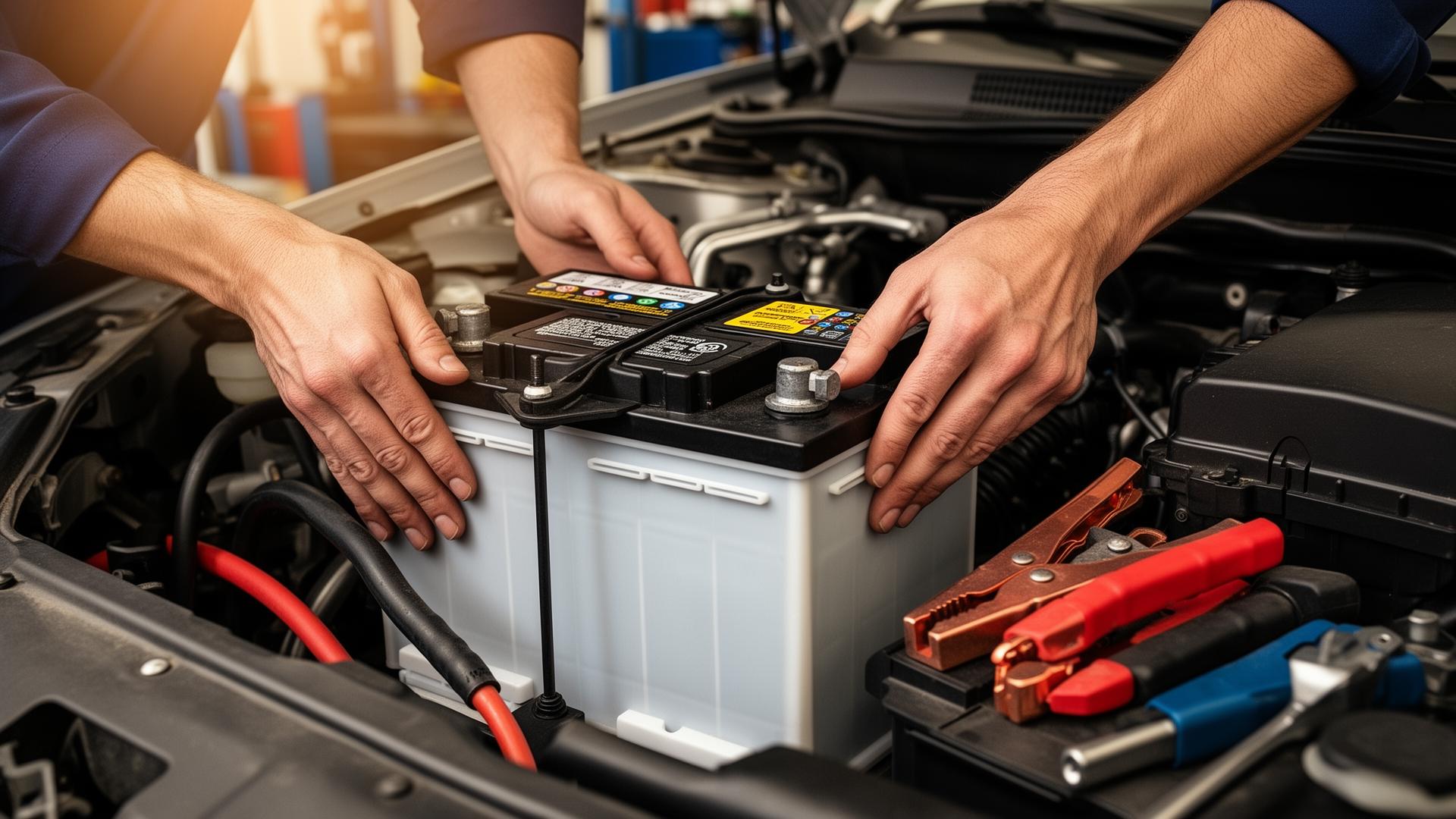
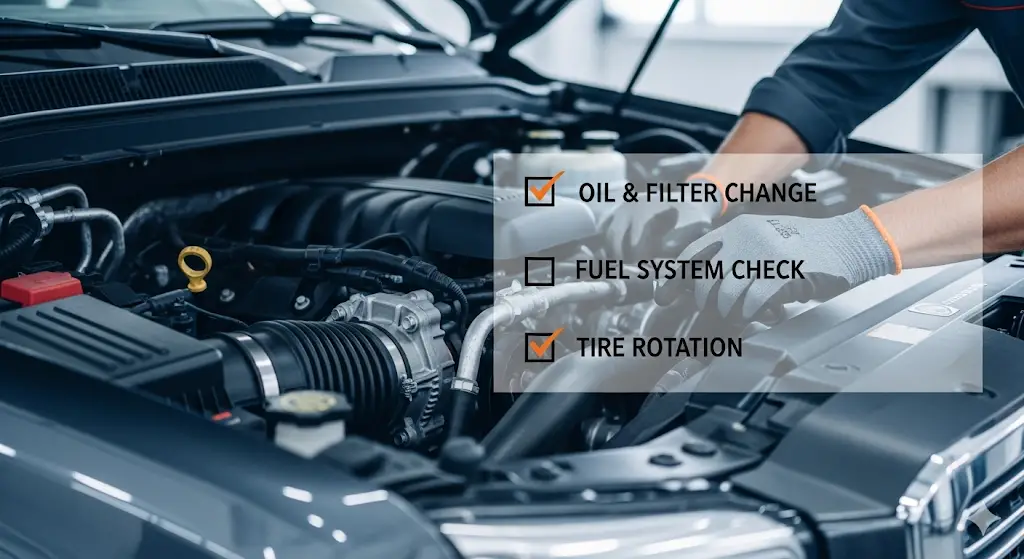
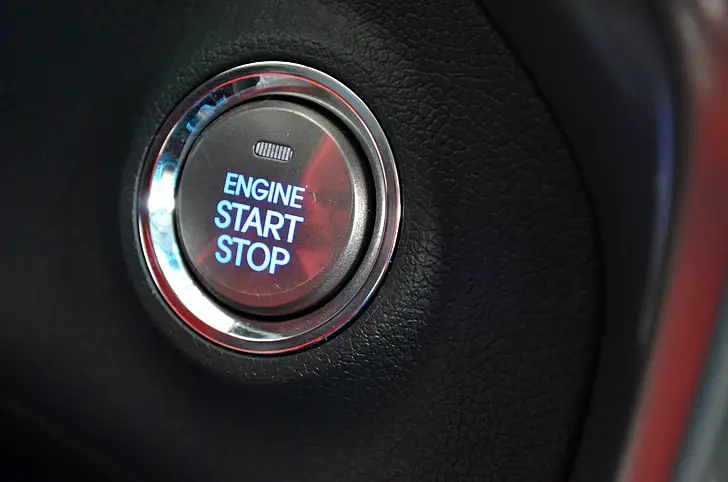
Leave a Reply